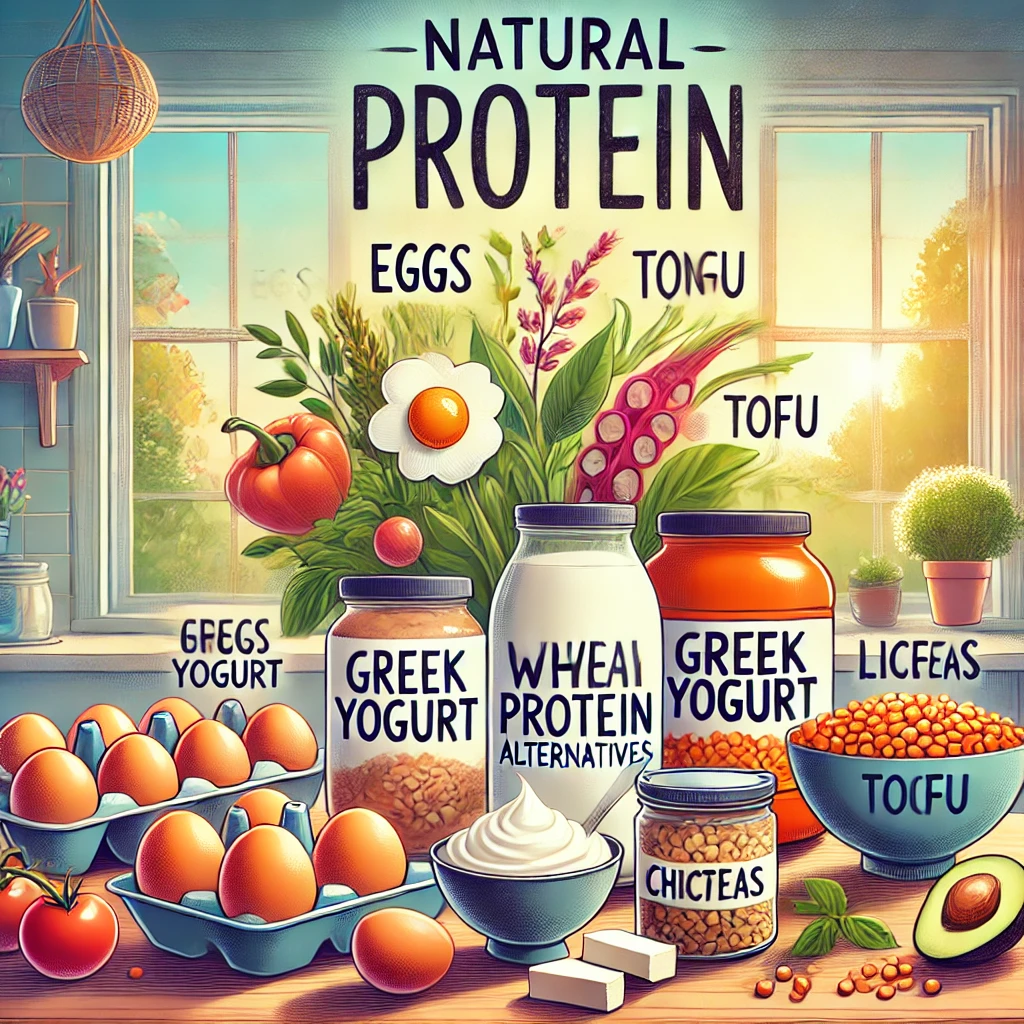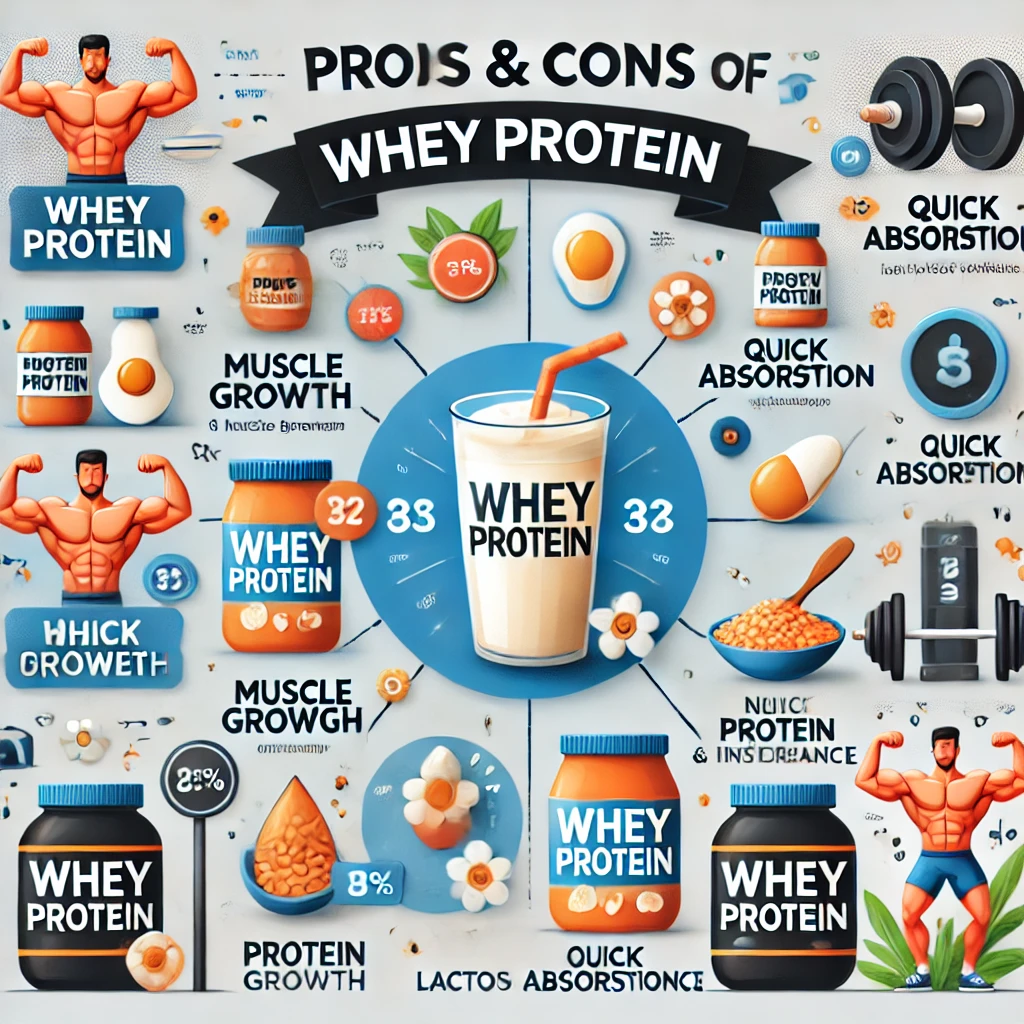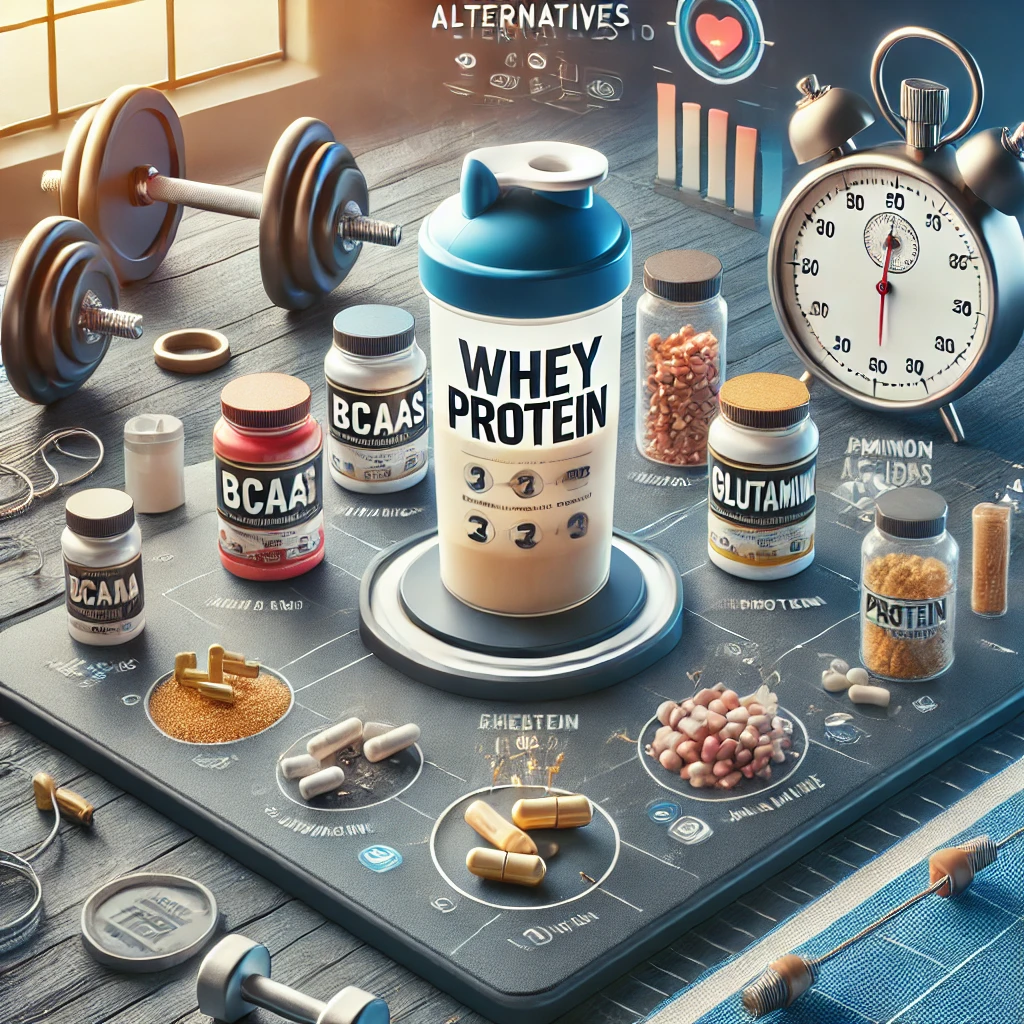Pros:
- High-Quality Protein Source:
- Contains all nine essential amino acids, making it a complete protein.
- Supports Muscle Growth:
- Rich in branched-chain amino acids (BCAAs) like leucine, which promotes muscle protein synthesis.
- Fast Absorption:
- Quickly digested, making it ideal for post-workout recovery.
- Weight Management:
- Helps control appetite and supports fat loss by increasing satiety.
- Boosts Immune System:
- Contains lactoferrin and immunoglobulins that can strengthen immunity.
- Convenient:
- Easy to incorporate into a busy lifestyle as shakes, bars, or smoothies.
Cons:
- Digestive Issues:
- Can cause bloating, gas, or discomfort for those with lactose intolerance.
- Allergic Reactions:
- Derived from milk, it’s unsuitable for individuals allergic to dairy.
- Overconsumption Risks:
- Excessive intake can strain kidneys and lead to nutrient imbalances.
- Artificial Additives:
- Many whey protein products contain sweeteners, flavors, or preservatives.
- Cost:
- High-quality whey protein powders can be expensive.
Who Should Use Whey Protein?
- Athletes and Bodybuilders:
- Ideal for muscle repair and growth.
- People with Increased Protein Needs:
- Those recovering from surgery, injuries, or illnesses.
- Weight Loss Enthusiasts:
- Useful for maintaining lean muscle mass while reducing fat.
- Busy Individuals:
- Convenient for those struggling to meet protein requirements through diet.

Alternatives to Whey Protein
Natural Substitutions:
- Egg Whites:
- High-quality protein with minimal fat.
- Benefits: Rich in essential amino acids.
- Greek Yogurt:
- Excellent source of protein and probiotics.
- Benefits: Supports digestion and muscle recovery.
- Lentils and Chickpeas:
- Plant-based proteins rich in fiber and nutrients.
- Benefits: Heart-healthy and supports weight management.
- Quinoa:
- A complete plant protein.
- Benefits: Gluten-free and rich in magnesium.
- Tofu and Tempeh:
- Great for vegetarians and vegans.
- Benefits: High in protein and versatile for cooking.
Capsules and Supplements:
- Amino Acid Capsules:
- Use: Provide essential amino acids without extra calories.
- Benefits: Supports muscle repair and reduces soreness.
- BCAAs (Branched-Chain Amino Acids):
- Use: Ideal for workout recovery and reducing muscle fatigue.
- Benefits: Quick absorption and supports lean muscle growth.
- Glutamine:
- Use: Enhances recovery and boosts immunity.
- Benefits: Aids in gut health and reduces post-exercise soreness.

Which Alternative is Better?
- For Muscle Building:
- BCAAs, egg whites, or quinoa.
- For Recovery and Immunity:
- Glutamine or Greek yogurt.
- For Vegans:
- Plant-based proteins like pea, hemp, or brown rice protein.
- For Weight Loss:
- Natural options like lentils, tofu, or amino acid capsules.
Conclusion
Whey protein is an effective and convenient choice for many, but it’s not the only option. Natural protein sources and specialized supplements like amino acids, BCAAs, or glutamine can provide tailored benefits based on your goals. Choose an option that aligns with your dietary needs, preferences, and lifestyle for optimal health and performance.










